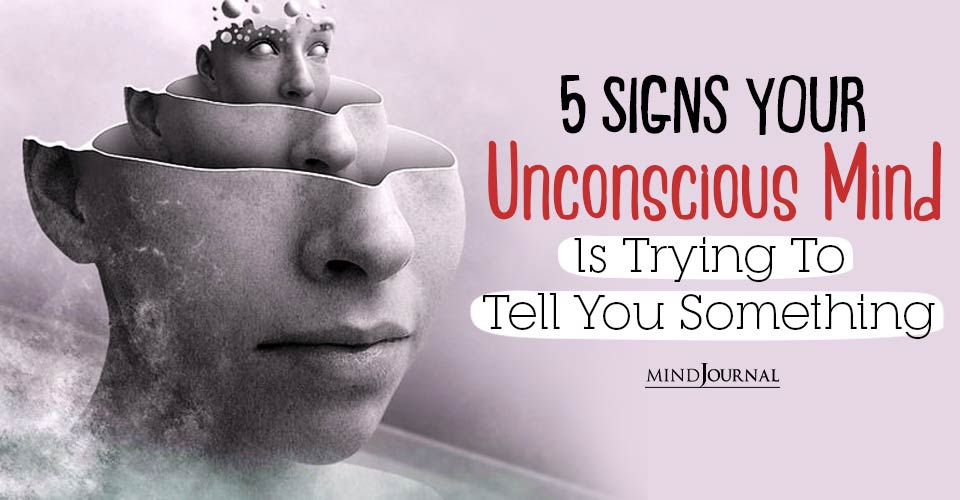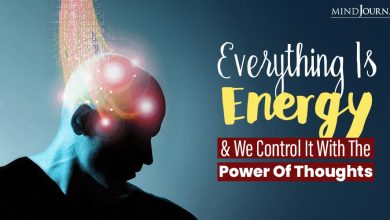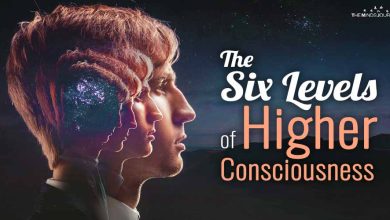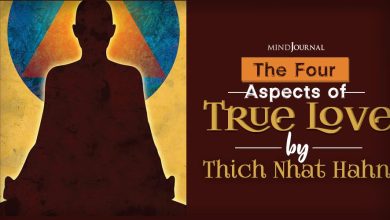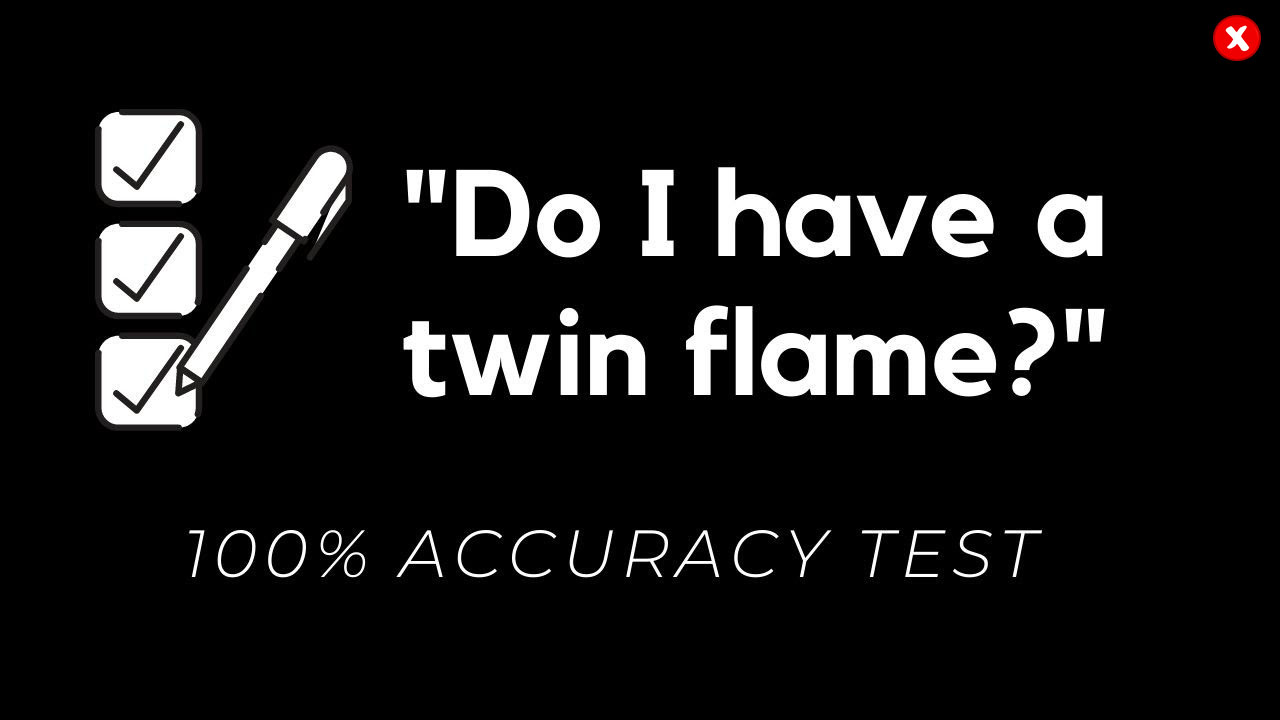5 Clear Ways It’s Communicating With You
Did you know our unconscious mind can send us spiritual messages? What is your unconscious mind trying to tell you? Read on to know!
Our mind is a den of mystery. Scientists have not yet been able to fully decode it. Yet, our deepest thoughts and insights are a product of the unconscious mind.
What Is The Unconscious Mind?
The unconscious mind refers to the part of our mental life that is not accessible to conscious awareness or rational thinking.
It is a term used in psychoanalytic theory to describe the reservoir of thoughts, feelings, memories, and desires that are not immediately available to conscious thought, but nonetheless influence our behavior, emotions, and attitudes.
According to psychoanalytic theory, the unconscious mind is the primary source of human behavior and motivation, and it is shaped by early experiences and the way that we cope with emotions and conflicts.
Unconscious thoughts and feelings can be expressed through dreams, slips of the tongue, and other forms of behavior that are not under conscious control.
While there is still much debate about the validity of the psychoanalytic theory and the unconscious mind definition, many psychologists and neuroscientists agree that
- much of our mental life operates outside of our conscious awareness and
- this can have a profound impact on our thoughts, feelings, and behavior.
We are aware of our conscious mind and tend to think that it is everything there is. However, there are times when we are signaled by our unconscious to pursue actions we should be undertaking.
How does the unconscious mind communicate?
Here are 5 signs your unconscious mind is trying to tell you something:
Sign 1 – Sudden Insights
Your intuition is a powerful tool. And the thing that it mostly leads to are insights that occur in striking flashes. These insights are extremely ephemeral but are powerful enough to convey spiritual messages that leave lasting impacts on our lives.
You’d never know when you’re going to have insights. They are unpredictable and sudden. Their frequency is not something you can measure. And it mostly occurs when you least expect it.
Insights are messages from our unconscious rendering us powerful revelations, thus persuading us to act accordingly.
Insights are mainly associated with deep thinkers and introverts and often end up guiding their lives in directions least traveled by others.
Thus the unconscious mind gives us flashes of these mysterious spiritual insights, signaling us to follow them to what we’re destined for.
Sign 2 – Fleeting Thoughts
The mind is a treasure trove of thoughts. Some are heavy and impactful, while others are just momentary flicks. But there are times when we have no control over our thoughts. Our mind is subject to randomness at these moments.
We find ourselves just scrolling through random thoughts just as we do with our social media timelines. The only difference is, when browsing the internet, we’re in control of ourselves, but here, we have no control over our thoughts.
Our minds just keep getting bombarded by millions of thoughts that come and go in seconds. In these situations, our unconscious mind is trying to say that we are emotionally perplexed and that we need to take hold of our lives.
Sign 3 – Recurring Dreams
The ancients often used to consider dreams as visions sent by the divine.
They theorized that if you’re having the same dream over and over again, then you’re being communicated with by your guardian angel regarding important events that are going to take place in your life.
Whatever their hypotheses were, we now know that it is our unconscious that is trying to convey signals that we keep ignoring.
When we are awake, we tend to bypass these hints, that’s why the unconscious tries to make up for it by showing these messages in our dreams.
It can be some unfulfilled desires or things that are taking a toll on your health and that you should be careful of.
The unconscious basically attempts to make you aware of things that need to be addressed on an emotional or physical level. It is not wise to ignore these subtle signals.
Sign 4 – Physical Symptoms
Dreams are not the only method via which our unconscious mind tries to communicate with us. Sometimes our body acts as physical conduits for these signals. You’ll find your body displaying signs or functioning in unusual ways.
These signs can be either internal or external or both, depending on the circumstances. External signs can include
- chronic lower back pain
- headaches
- abdominal bloating
- neck and shoulder pain, etc.
Internal signs include:
- perpetual fatigue
- energy drainage
- a sudden drop in energy levels
- exhaustion, etc.
All these are subtle indications of personal or work-related stress that your unconscious mind wants you to address on an immediate basis.
Sign 5 – Reduced Or Lack Of Free Will
Have you ever come across times when you want to do something but lack the sheer will to carry it out? You have been subject to a reduced level of free will.
Free will is defined as the mental state vital for executing something you deeply desire.
You might think that the desire itself is enough and that every time you have pursued your dreams, it was the desire alone that drove things to fulfillment.
But free will is the matrix that acts as a prime mover of these dreams and desires. Whatever you aspire to become or get done, you need to have strong free will to make things happen.
It is the only thing that keeps you going in life. So when you find yourself in a position where you’re just lacking the desired level of free will, know that your unconscious mind is trying to make you aware of your mental health.
If you want to know more about unconscious mind examples and unconscious mind meaning, read what notable personalities like Carl Jung and Sigmund Freud have to say about the unconscious mind:
According to Jung, the unconscious mind is characterized by several important features, including:
- First, the unconscious is a source of both personal and collective experiences, meaning that it contains not only personal memories and experiences but also archetypal and universal symbols and patterns that are common to all human beings.
- Second, he proposed that the unconscious is comprised of two distinct levels: the personal unconscious and the collective unconscious. The personal unconscious contains repressed memories, thoughts, and feelings that are unique to the individual, while the collective unconscious contains archetypal images and patterns that are shared across cultures and time periods.
- Third, Jung suggested that the unconscious is a dynamic and active force that interacts with conscious awareness and that both the conscious and unconscious minds are necessary for psychological wholeness and health.
- Finally, Jung believed that the process of individuation, or the journey towards self-realization and wholeness, requires a deep exploration and integration of the unconscious mind and that this process can lead to increased self-awareness, creativity, and personal growth.
According to Sigmund Freud, unconscious mind is:
- A reservoir of thoughts, feelings, urges, and memories that are not immediately accessible to conscious awareness.
- Freud believed that much of our behavior is driven by unconscious motives and conflicts and that these can manifest in various ways, such as slips of the tongue, dreams, and symptoms of mental illness.
- Freud’s model of the mind proposed that it was divided into three parts: the conscious mind, the preconscious mind, and the unconscious mind.
- The conscious mind represents the thoughts and feelings that we are aware of at any given moment, while the preconscious mind contains thoughts and feelings that are not currently in awareness but can be readily brought to consciousness.
- The unconscious mind, on the other hand, contains repressed and unconscious material that cannot be easily accessed.
- The unconscious mind is shaped by early childhood experiences and can be a source of anxiety, guilt, and other negative emotions that are often repressed or denied.
- Psychoanalytic therapy aims to bring these repressed memories and feelings into conscious awareness in order to resolve conflicts and promote healing.
What to read next:
Source: https://numerologybox.com
Category: Awakening Spiritual
